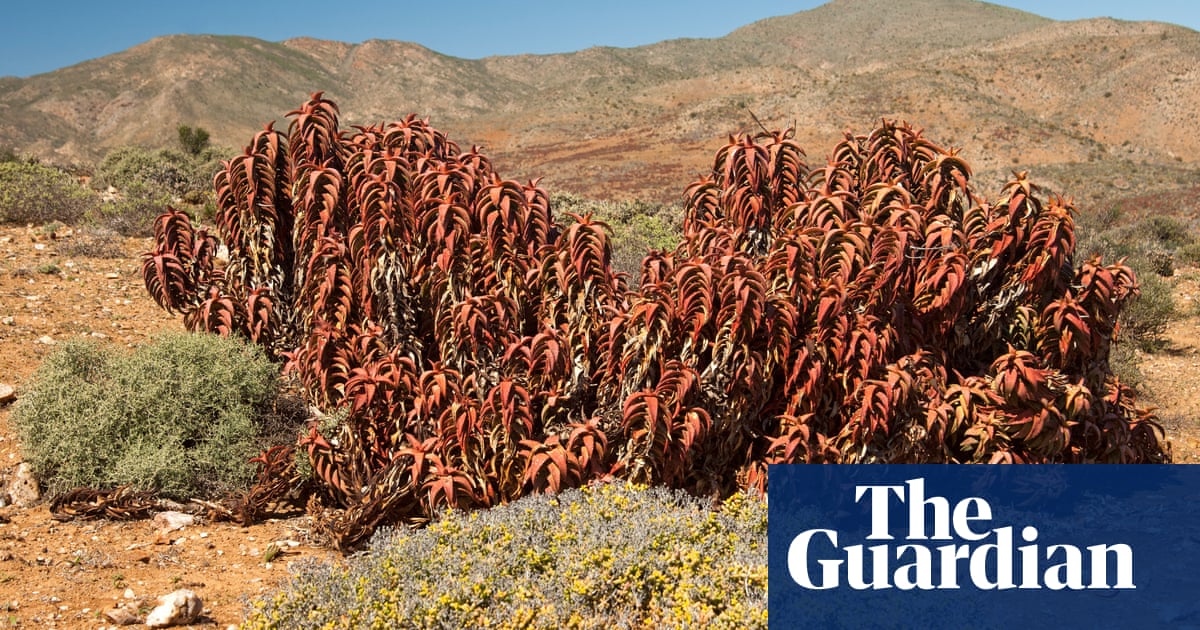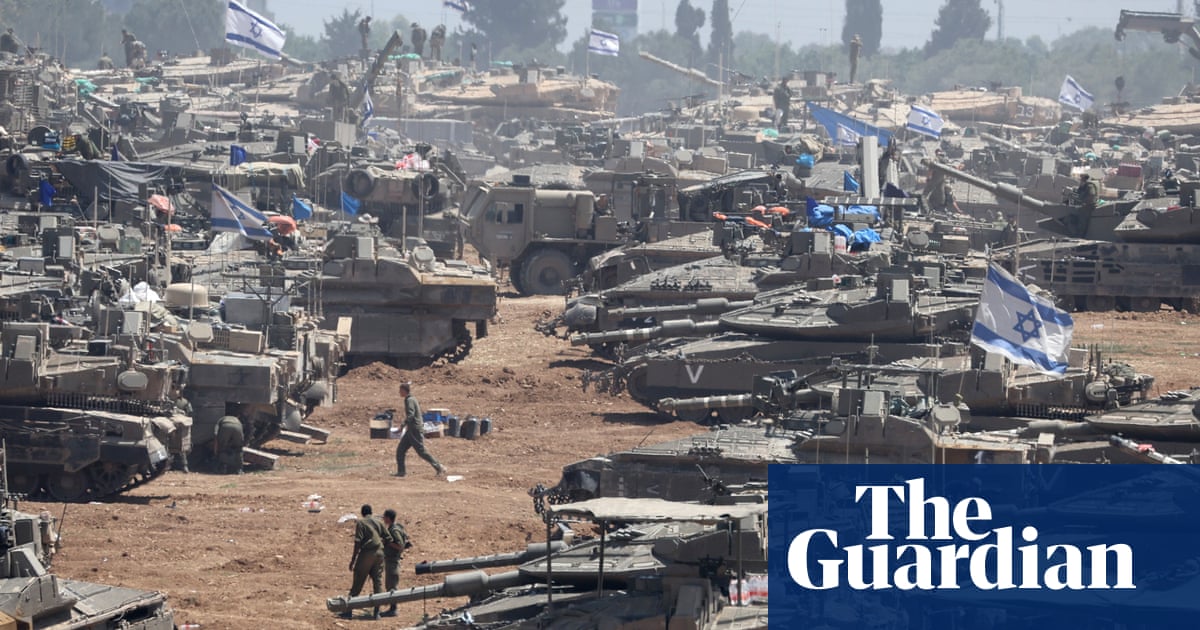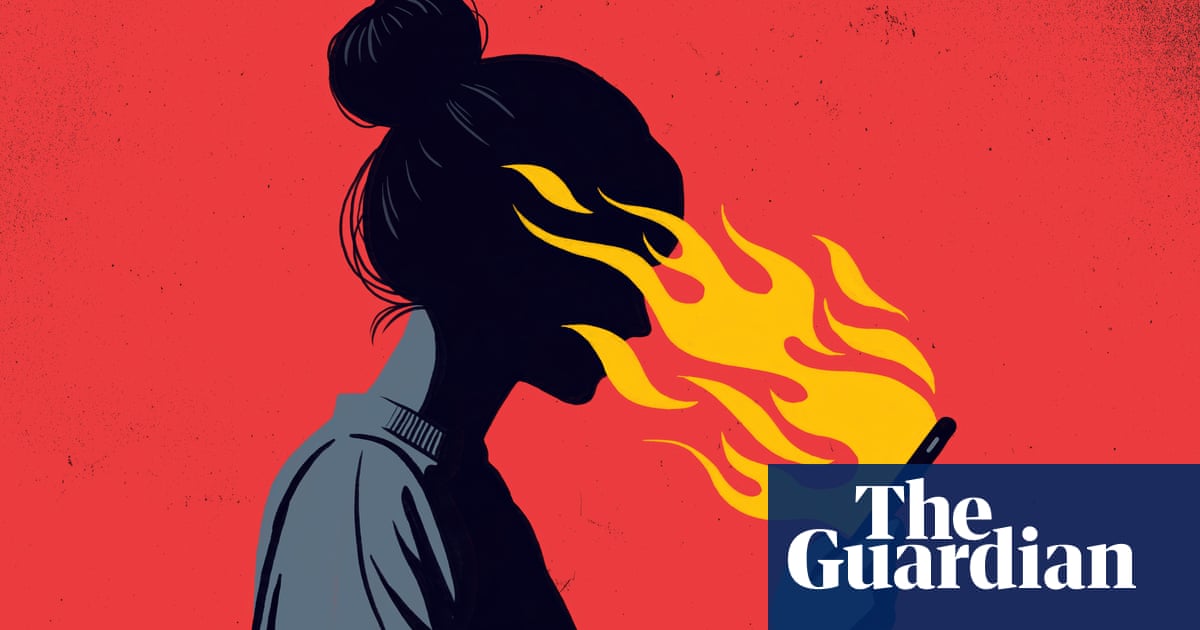Sweden’s gift of ASC 890 surveillance aircraft is being seen as a big lift to Ukraine’s defence. It will be the first time Ukraine has had such a capability since the fall of the Soviet Union. Sweden’s defence minister Pal Jonson said the aircraft would be useful for Ukraine’s air defence, enabling it “to identify incoming cruise missiles and drones and identify targets both on the ground and at sea”. The ASC 890 can spot threats hundreds of kilometres away and send the information via data link to the F-16 fighter jets that Ukraine will receive from allies. Ukraine’s president, Volodymyr Zelenskiy, said Sweden’s latest package of assistance would be “critical to Ukraine’s defense and resilience”.
American weapons being delivered to Kyiv were helping stabilise the front in Ukraine amid intensifying Russian attacks, Antony Blinken said on Wednesday. The White House has so far discouraged the Ukrainians from using US weapons for direct attacks on Russia. Asked about this while visiting neighbouring Moldova, Blinken said: “I think what you’ve seen over the two plus years, as the nature of the battlefield has changed, as the locations, the means that Russia is employing changed, we’ve adapted and adjusted to that … That’s exactly what we’ll do going forward,” he said.
The US army inaugurated a new artillery factory in Mesquite, Texas, on Wednesday, marking a significant step in producing more 155mm artillery. The plant, managed by General Dynamics, is part of a broader effort by the army to modernise production. It includes the goal of producing 100,000 of the shells a month – a must to replenish US stocks depleted for Ukraine’s defence.
Mediazona, a Russian outlet that tracks war casualties using open sources, has identified nearly 5,000 Russian soldiers under the age of 24 who have died in the war, including 1,400 under the age of 20. The real toll is likely to be much higher, the outlet says. Pjotr Sauer has some of their stories.
Telegram channels and other social media accounts reported explosions on Thursday morning in the area of the Kerch Bridge that reaches from Russia to occupied Crimea. Videos online showed explosions but few immediate details were available and the Guardian could not verify those reports.
Nato foreign ministers will on Friday debate how to put military aid for Ukraine on a longer-term footing. The proposals are due to be agreed at a Nato summit in Washington in July. The Nato secretary general, Jens Stoltenberg, has proposed that Nato take on coordination of international military aid for Ukraine under the US-led Ukraine defence contact group, also called the Ramstein group. Stoltenberg has proposed allies make a big multi-year financial pledge of military aid – officials have floated the sum of €100bn (US$108.13bn) over the next five years, although Stoltenberg has not publicly mentioned a figure.
Nato leadership will have to overcome resistance from the pro-Putin Hungarian prime minister, Viktor Orbán, who has made clear his country will not take part in the new efforts. The thorniest issue remains Ukraine’s path to eventual membership, even after leaders declared at its summit in Vilnius last year that “Ukraine’s future is in Nato”. Member countries have so far been limited to striking bilateral agreements to give arms and other support to Ukraine until it can join Nato.
Chinese support is helping Russia with its long-range missile, artillery and drone capabilities, and its ability to track battlefield movements, Kurt Campbell, US deputy secretary of state, said in Brussels on Wednesday. “What we’ve seen from China to Russia is not a one-off or a couple of rogue firms involved in supporting Russia,” Campbell said. “This is a sustained, comprehensive effort that is backed up by the leadership in China that is designed to give Russia every support behind the scenes.” China has said it conducts normal trade with Russia in line with World Trade Organization rules and market principles.
Campbell also said there was an urgent need for European and Nato countries “to send a collective message of concern to China about its actions, which we view are destabilising in the heart of Europe … We see this as a matter of utmost urgency.” The US last month imposed sanctions on 20 companies based in China and Hong Kong, after repeated warnings about support for Russia’s military. In Berlin on Friday, the US deputy treasury secretary Wally Adeyemo is expected to call for further action to stem Russia’s sanctions evasion and deliver a warning on China’s role.
Russian strikes killed two civilians in the city of Nikopol in southern Ukraine on Wednesday, regional governor Serhiy Lysak said. Lysak said a Russian drone targeted an ambulance killing a 54-year-old driver and severely injuring his wife. Another civilian, a 52-year-old man, died in a hospital after being wounded in an artillery shelling earlier in the day, he said. Nikopol is across the river from the Russian-occupied Zaporizhzhia nuclear power plant and regularly hit by Russian artillery fire.



